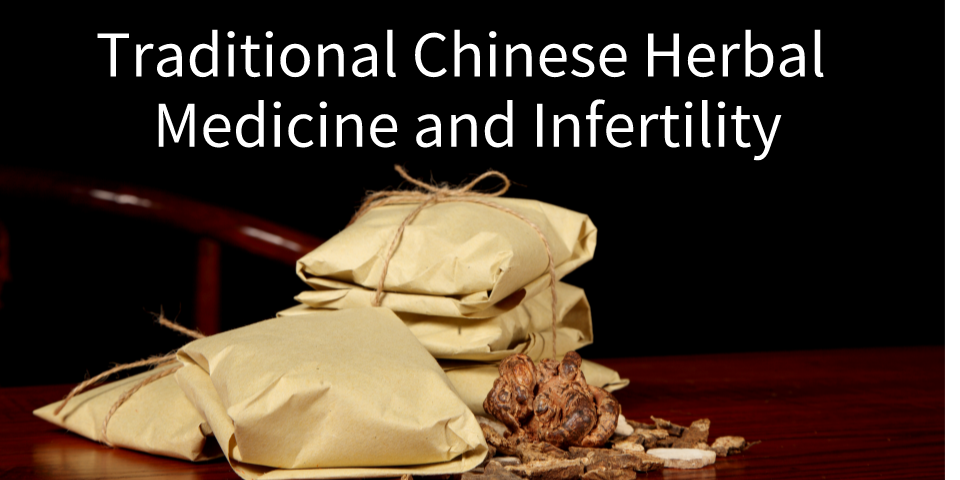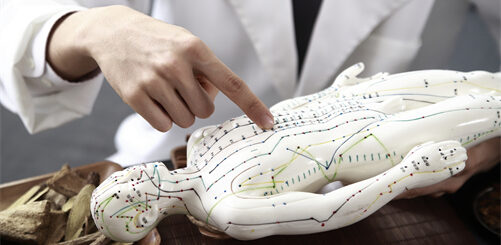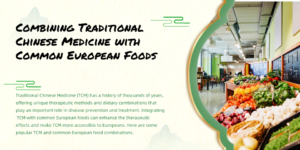Traditional Chinese Herbal Medicine and Infertility

Introduction
Infertility has become a significant global health issue, affecting numerous couples of childbearing age. Western medicine offers various treatments, such as medication and assisted reproductive technology, but these methods are not always effective for all patients and may come with side effects. Traditional Chinese herbal medicine, known for its mildness and fewer side effects, has gained attention as an alternative therapy. This article aims to explore the role of traditional Chinese herbal medicine in treating infertility, providing supporting research evidence.
Traditional Chinese Medicine Theory and Infertility
According to traditional Chinese medicine (TCM) theory, infertility is primarily attributed to pathological changes such as deficiency of Qi and blood, kidney deficiency, internal obstruction by phlegm-dampness, and blood stasis. TCM employs a pattern differentiation approach to treatment, aiming to regulate Yin and Yang, tonify kidney Qi, and invigorate blood to treat infertility【1】.
Mechanisms of Action of Traditional Chinese Herbal Medicine
Traditional Chinese herbal medicine intervenes in infertility through multiple pathways:
- Regulating the Endocrine System: Herbs such as Angelica sinensis, Paeonia lactiflora, and Rehmannia glutinosa can regulate the female endocrine system, balance hormone levels, and promote follicle development and ovulation【2】.
- Improving Uterine Environment: Herbs like Motherwort and Salvia miltiorrhiza have blood-activating and stasis-resolving effects, which can improve uterine blood circulation and enhance endometrial receptivity【3】.
- Enhancing Immune Function: Herbs such as Astragalus membranaceus and Codonopsis pilosula can boost the body’s immune function, thereby indirectly promoting fertility【4】.
- Antioxidant Effects: Herbs like Lycium barbarum and Rhodiola rosea have strong antioxidant properties, reducing oxidative stress in the reproductive system and protecting the quality of oocytes and sperm【5】.
Clinical Research and Cases
Regulating Endocrine Disorders
A study found that a formula composed of Angelica sinensis, Paeonia lactiflora, and Rehmannia glutinosa significantly improved ovulation and pregnancy rates in patients with polycystic ovary syndrome (PCOS)【6】. Another study showed that Salvia miltiorrhiza injection had a significant regulatory effect on patients with premature ovarian failure, notably improving their hormone levels【7】.
Improving Uterine Environment
Research indicates that Motherwort mixture can significantly increase endometrial thickness and improve embryo implantation rates【8】. Additionally, Salvia miltiorrhiza injection has been shown to significantly improve endometrial thinness and poor blood flow, enhancing pregnancy rates in such patients【9】.
Enhancing Immune Function
A compound of Astragalus membranaceus and Codonopsis pilosula was found to significantly enhance immune function in patients with unexplained infertility, increasing the activity of natural killer cells and thus improving fertility【10】. Studies also show that compound herbal treatments can significantly reduce anti-sperm antibody levels in positive patients, increasing their natural pregnancy rates【11】.
Antioxidant Effects
Lycium barbarum and Rhodiola rosea have been found to have significant antioxidant effects, reducing oxidative stress levels in patients with premature ovarian failure and improving oocyte quality and pregnancy rates【12】. Additionally, Qi-tonifying and blood-nourishing herbs like ginseng and Angelica sinensis have shown notable effects in improving sperm quality【13】.
Applications in Practice
In clinical practice, traditional Chinese herbal medicine is widely used. For example, commonly used formulas for treating female infertility include Wen Shen Gu Ben Tang and Tiao Jing Cu Yun Wan; for male infertility, formulas like Zi Shen Tian Jing Wan and Wu Zi Yan Zong Wan are frequently used【14】. These formulas have demonstrated significant efficacy in regulating the body and improving reproductive system functions.
Conclusion
Traditional Chinese herbal medicine has unique advantages in treating infertility. By regulating endocrine function, improving the uterine environment, enhancing immune function, and providing antioxidant effects, it effectively increases the pregnancy rate of patients. Although the efficacy of traditional Chinese herbal medicine has been increasingly validated by research, more high-quality clinical trials are needed to further confirm its effectiveness and safety. In the future, with the continuous development of integrated Chinese and Western medicine treatment plans, the application prospects of traditional Chinese herbal medicine in treating infertility will be even broader.










